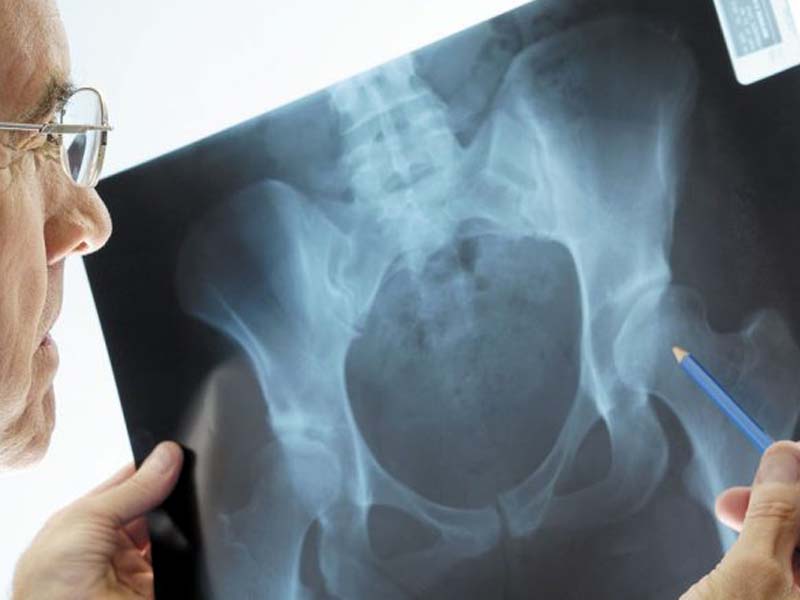Desert ImagingBone Density Test
Are you too young for a bone density test?
When it comes to health screenings, bone density tests are one of the simplest to prepare for and undergo. Also referred to as DEXA scans, these non-invasive tests take just minutes to perform and can help detect bone fractures and lower the risk of osteoporosis, two common health risks for women.

should you be getting one?
Not necessarily.
DEXA scans are typically not recommended for young women or women under the age of 65. Generally, women have good bone health and very little bone loss up until this point.
The exception
The exception is for women under 65 who may be at a greater risk for bone loss or osteoporosis due to risk factors like low body weight, steroid use, smoking, a family history of bone loss or osteoporosis, or a personal history of a previous bone fracture. For women with risk factors like these, a DEXA scan at an earlier age may be necessary, and can be ordered.
If you don’t fall into one of these categories, there are still ways to ensure good bone health.
As early as your teen years, twenties, and thirties, you can begin practicing healthy habits that will lead to optimal bone health”. “Women are actually in their critical bone-building years during their adolescence, so it’s important to set an example for our daughters and granddaughters by practicing these habits.
You can keep your bones strong—starting today—by following a regular exercise routine that incorporates both aerobic and weight-bearing exercises and ensuring that your diet is rich in nutrients like Vitamin D, calcium, magnesium, and zinc, which are important for building strong bones. Milk, lean meats, fish, and green, leafy vegetables incorporate many of these. In addition, limit your alcohol intake to one drink per day and, if you’re a smoker, quit.
Even if you’re over 65 and having regular DEXA scans, these healthy habits can still benefit your bone health. If you have questions about whether or not your diet has enough of the right nutrients, or whether an exercise routine is right for you, talk to your physician.
By taking precautionary measures like these to build stronger bones and protect them from thinning and fractures, you’ll be making an investment in your health.


